The relationship between narcissism and social media platforms has strengthened more in the current decades. From online narcissistic behaviors, the paradoxes of narcissism and dark personality traits can be identified. It is sooner and better to identify narcissism at a younger age so that it does not develop into a personality disorder.
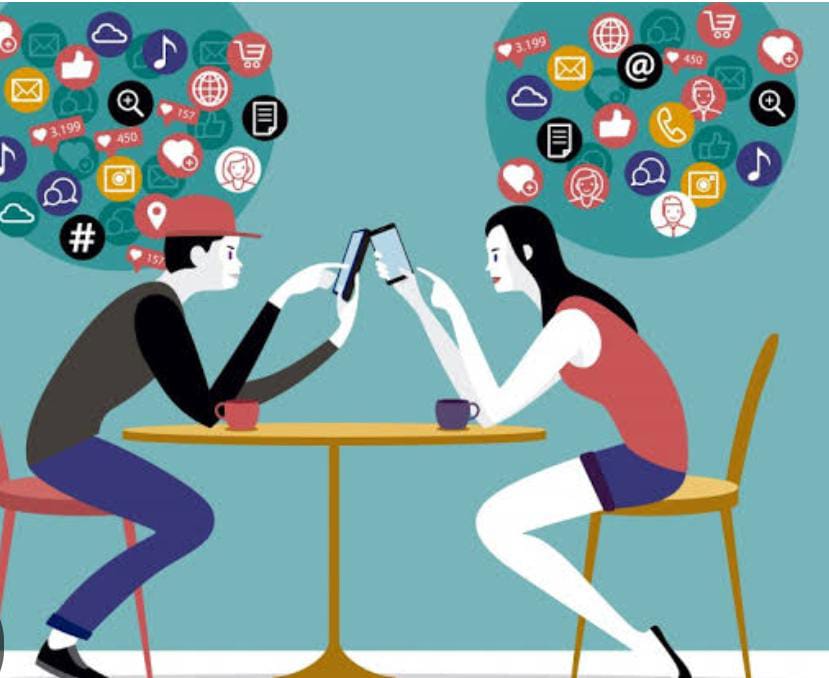
The selfie generation is so obsessed with online social platforms, always posing for a greater self, that it leads to an association between narcissism and social networking sites. Now, let us understand how this problematic social media leads to narcissism scores.
Table of Contents
What is Meant by Narcissism?
The word narcissism goes back to a mythological story of Narcissus and Echo, where the young charming man was so obsessed with his self-image that he eventually died being parched of thirst. This tale of Ovid’s Metamorphosis rings a reminder of self-absorption being a characteristic trait.

Over-obsession with oneself accounts for narcissism, and when one becomes overtly narcissistic, then they develop self-centred and arrogant behaviour. This disorder leads the person to be less empathetic towards others while at the same time needing appraisal. While narcissism at moderate levels may boost self-confidence, when this is seen at high levels, it leads to NPD.
Narcissistic Personality Disorder (NPD) has now become a more vital issue of concern, as it is now more dominant with the growing social media. Social networking sites have become the platforms which narcissist use to exhibit themselves and their fantasy world of success.

Problems with the Selfie Generation: Narcissism and Social Media
The problems of a person having narcissistic traits got aggravated with the popularity of social media sites, and they became overt narcissism. Social networking sites grew as the space where Gen Z could use this to create and maintain their impression on others.
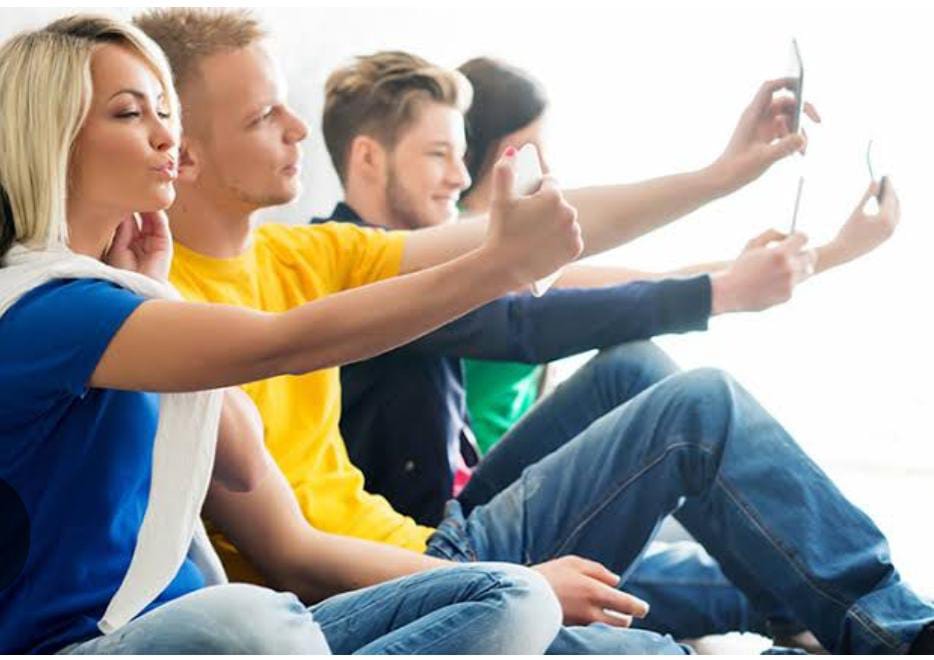
Social networking addiction affects the minds of youngsters in such a way that they are prone to post their pictures almost frequently. But the problem with those who are narcissists is that the reactions of numerous unknown people determine their lives. Therefore, they continue to post several pictures of themselves and try to project their best version.
The link between narcissism and social media has now become an indispensable bond. People with narcissistic traits dedicate the majority of their time and energy to clicking a good selfie and then filtering it to be suitable for posting on social networking sites. Now, with various online social platforms like Facebook, Instagram, WhatsApp, and X (formerly Twitter), the selfie generation is busy getting likes and comments.
What is the Psychology Behind Narcissism and Social Media Addiction?
The psychology behind narcissism and social media addiction is that more likes on the number of posts give them an affiliation to their idealized self. They tend to post more selfies and expand their networking on online social platforms. Social networking platforms become their real life and they start to become increasingly obsessed.
The narcissistic behaviours start to overpower them, and they begin to depend on social platforms to make every decision which is better for them, from trying to adapt a fashion statement to buying a new thing. They always want to follow trends or be trendsetters. This becomes an underlying psychological problem.

Narcissistic people always need affiliation and confirmation of their idealized self, so they keep posting. It is like a vicious cycle, where sharing accomplishments gets meaning only when they are appreciated by many. However, the satiation level of the sense of superiority remains temporarily high because once the number of likes does not increase, the person becomes impatient and depressed.

What are the Two Types of Narcissism Observed on Social Media?
An increasing number of social media users have developed selfie-posting behaviors leading to narcissistic personality traits. The levels of narcissism have become more complex with the overdependency of people on social networking sites. Depending on their online behaviors, social media narcissism can be divided into two types- Grandiose narcissism and vulnerable narcissism.
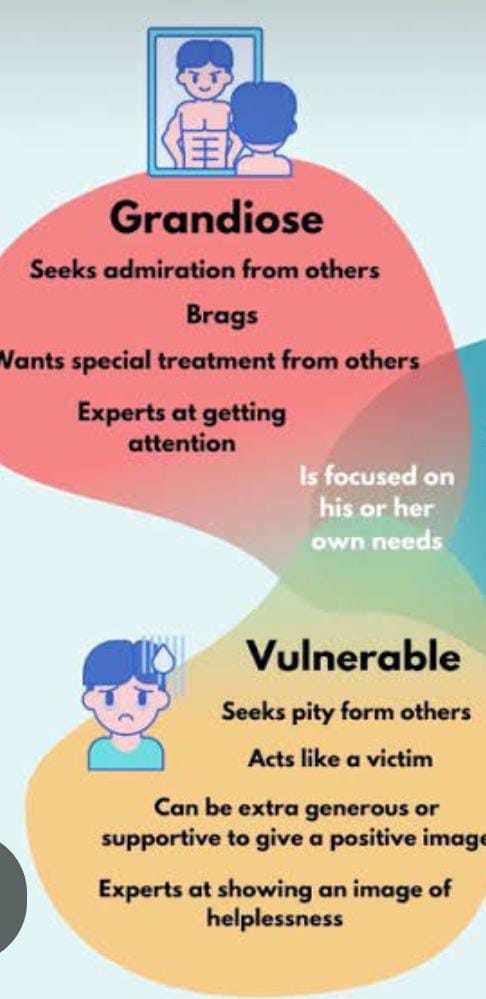
Let us know about them in detail.
- Grandiose Narcissism: The narcissism which is characterized by self-absorption and self-promotional impulses is known as grandiose narcissism or overt narcissism. This type of narcissistic personality trait is exhibitionist in nature and develops an inflated sense of personality. This type of narcissistic individual is unempathetic towards other’s needs as they are always busy attracting others.
- Vulnerable Narcissism: The online behaviors of vulnerable narcissists or covert narcissists can be identified as extremely modest and hypersensitive to the opinions of others. Insecurity, shyness and anxiety are the main narcissistic personality traits of these people. Covert narcissists always self-deprecate themselves to seek a sense of entitlement from others.
While grandiose narcissists always exaggerate their achievements, vulnerable narcissists often present themselves as victims. Both have individual differences but complex personality disorders, which need to be taken into control before it’s too late.
Tips for Parents and Educators to Stop the Ill-effects of Narcissism and Social Media
Narcissistic Personality Disorder is a type of mental disorder where a person does not experience self-love. Instead, they have a grandiose sense of perception about themselves and often fall in love with this superior version of themselves. Since the relationships between narcissism and social media determine individual behavior nowadays, it is important to identify both social media engagement and social media habits of people possessing narcissistic personalities.
Parents and educators are always in the best position to counsel a child and rescue them from a problem. Therefore, it is their responsibility to understand the levels of narcissism of school and college students and their social media addiction scales.
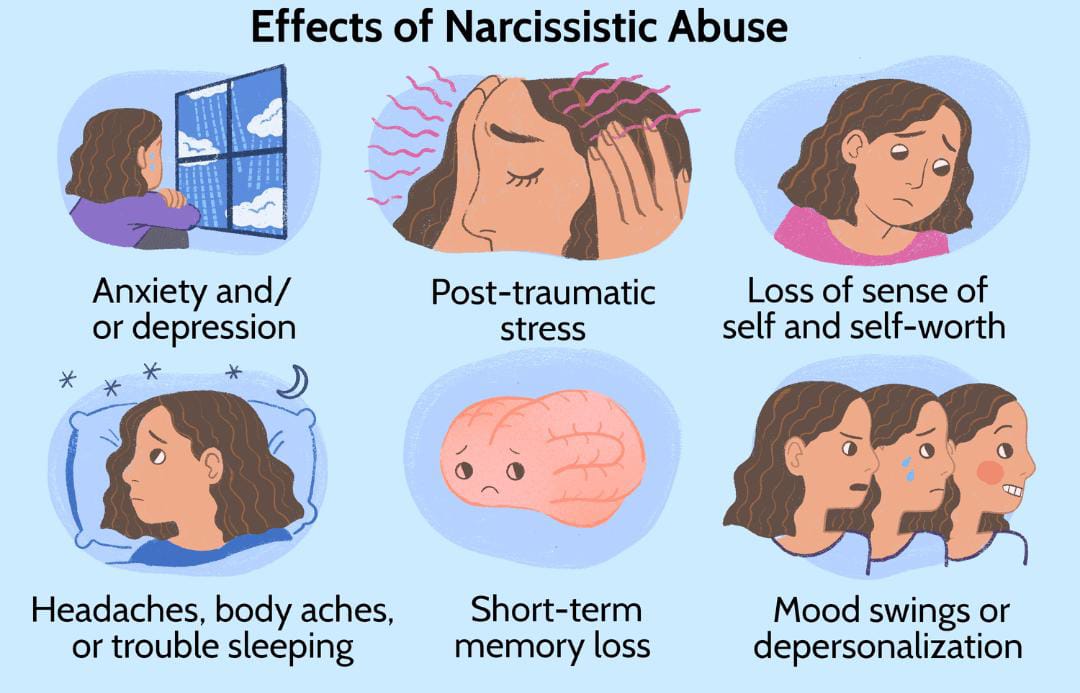
Now, let us know some tips that parents and educators can follow to safeguard their children from the clutches of social media narcissism.
- The most crucial role of a guardian should be to identify through the social media behaviors of the child the sources and forms of social media narcissism, that is, whether it is a form of covert narcissism or grandiose narcissism.
- The parent or educator must not negatively comment on the narcissistic child, either directly or indirectly. This is because the child might develop a narcissistic injury.
- Letting the children know that they are always lovable to their parents and giving them a moral boost at times of failure helps children, especially vulnerable narcissists, to forego the web of problematic social media.
- Teaching children, through age-appropriate demonstration, to behave empathetically towards others is the key to removing dark personality traits and modifying their moods.
- Rather than directly undergoing a psychological inquiry, the initial construction can be through a hamburger method, in which constructive compliments can be used alternatively with advice.
- Since social networking sites have permeated our everyday lives, it is important to monitor the online platforms that children use. Often unknowingly, they end up either gaslighting others in the case of the overt narcissists or being gaslighted themselves, especially the covert narcissists.
- Parents need to achieve a balance between over-evaluation and demotivation because, in either case, the social media narcissists would then resort to online platforms.
- The bottom line is that both teachers and parents need to be aware of social media narcissism and understand the key differences between covert narcissists and overt narcissists.
Conclusion
It can be concluded that both narcissism and social media are growing areas of concern nowadays. With the increasing number of social media platforms, social media addiction scales higher. The growing number of active users is shaping the selfie generation to imbibe a narcissistic personality.
However, if parents and educators become aware of their children’s social networking behaviors and narcissism about social media, both social networking addiction and forms of narcissism can be identified. This can prevent the children from developing Narcissistic Personality Disorder.

FAQs
How do Narcissists behave on Social Media?
Vulnerable Narcissists behave like introverts, asking for self-validation, and grandiose narcissists present themselves in an inflated manner on social networking sites.
Has Social Media made Narcissism worse?
Online social platforms have worsened the situation of narcissism because they have ended themselves in the loop of social networking addiction, which makes them lose positive associations.
What is the Relationship between Narcissism and Social Media Addiction?
The relationship between narcissism and social media addiction is that narcissism scores are determined by the number of likes and comments one receives on online social platforms. Thus, it develops into a social networking addiction and acts as a vicious cycle.







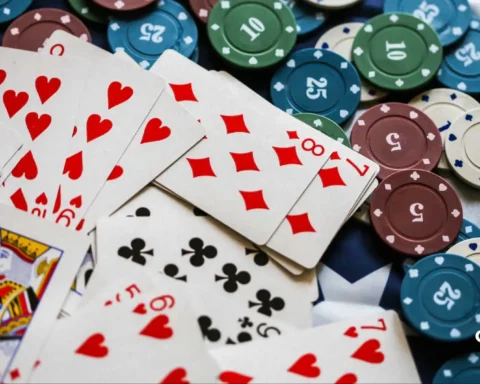
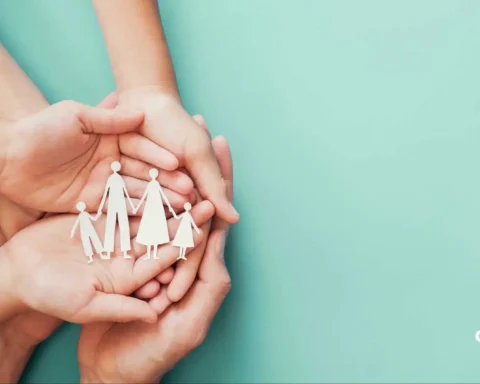

[…] Social media platforms are powerful tools for promoting your touring business in Suriname. You can create a loyal online community by sharing engaging content such as stunning photos from your trips, customer testimonials, and behind-the-scenes glimpses. Platforms like Instagram and Facebook are ideal for showcasing the beautiful landscapes and cultural richness of Suriname. […]
[…] we are pointing fingers at TikTok, one of the most popular social media platforms in the […]